81 years ago today, Anne Frank received a diary on her birthday. Little did the young Jewish girl know that her words would move millions. Many who, like myself, read and loved Anne’s diary also read Anne Frank Remembered, a memoir by Miep Gies, the woman who helped hide the Frank family during World War Two. National Geographic recently released A Small Light, a mini-series depicting Miep’s life. The series draws on the memoir and depicts Miep (Bel Powley) and her husband Jan’s wider (and less well-known) war efforts.
When I first heard about A Small Light, I felt both optimism and trepidation. Miep is personally one of my historical heroes, and she deserves recognition. I worried, however, that the mini-series would succumb to the temptation of sacrificing historical veracity for television drama. Watching A Small Light as someone fairly knowledgeable about Anne Frank and Miep Gies was an interesting exercise in extracting established truth from acceptable embellishments and blatant fictionalisation.
Established Truth?
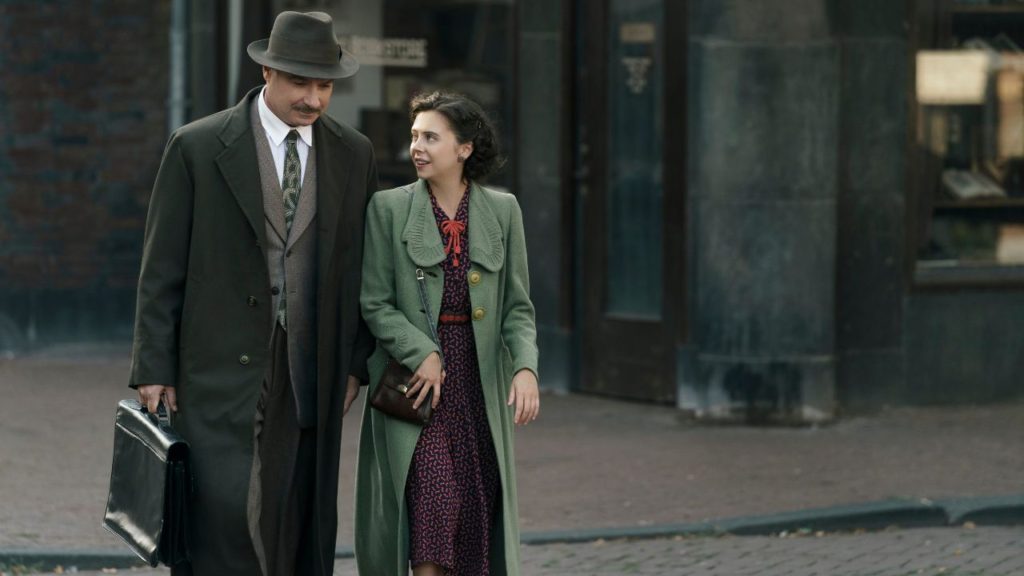
The first thing I noticed was the representation of Anne Frank herself. Past films tend to make Anne the central focus, which deifies her status further. Refreshingly, A Small Light makes Anne’s presence peripheral. This allows an alternative and adult perspective. By focusing on Miep’s broader interactions and relationships, other individuals can shine – and speak.
For example, in past depictions, Edith Frank is either marginalised or maligned, as Anne often wrote angrily about her mother. Here she is revitalised with humour and humanity by Amira Casar’s dignified performance. Miep and Edith form a tender bond as women supporting each other through unimaginable hardships.
In her memoir, Miep wrote of her suspicion about Edith’s depression. A Small Light, with haunting grace, depicts how prolonged isolation can erode a person’s mental state. While it was particularly disturbing to see Edith spiral into crushing depression, viewers would surely find this relatable after years of pandemic lockdowns.
Acceptable Embellishments?
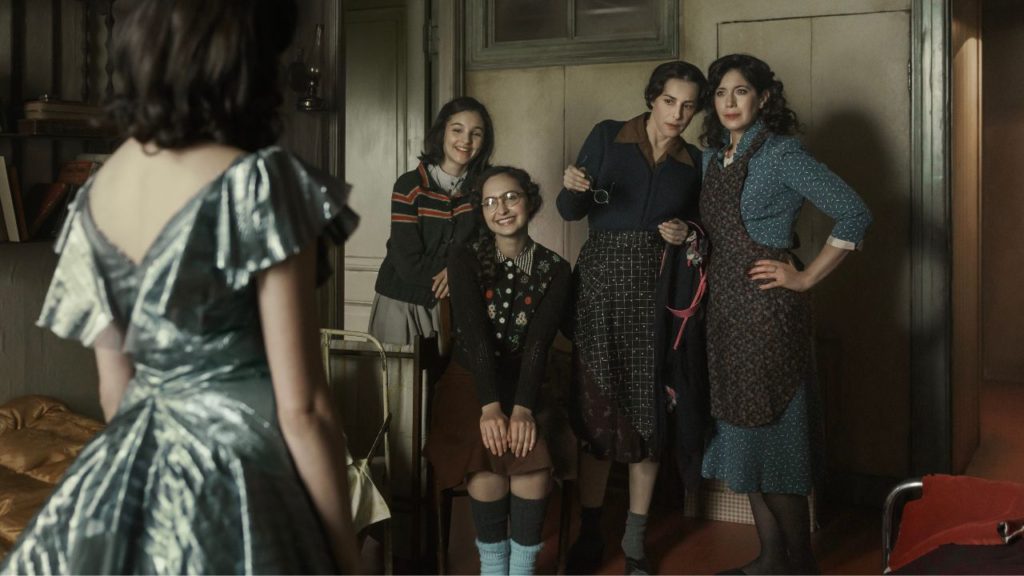
While Edith benefits from ample screentime, I found it disappointing that so little attention was accorded to Bep, Kleiman, and Kugler, the other helpers who hid the Franks. Their contributions were no less important than Miep’s. Yet by virtually ignoring them to focus almost exclusively on Miep and Jan, A Small Light does a disservice to these brave people. And so, when Kleiman and Kugler are arrested along with their friends in the penultimate episode, “What Can Be Saved,” the emotional tension is underwhelming since viewers never really get to know them properly.
While Miep’s real friends are minimised, she is given an entirely fictional best friend. The character Tess, played delightfully by Eleanor Tomlinson, represents the ordinary people who willingly turned a blind eye to the injustice around them. While Miep is guided by an unwavering moral compass, Tess chooses comfort and compliance when her boyfriend joins the Dutch Nazi party. In Episode 4, “The Butterfly,” their friendship is explosively transformed when Miep urges her friend to choose a side. Tess argues rather reasonably that nothing she does will change the war’s outcome. Understanding that the personal and political are intertwined, Miep sadly reminds Tess that after the war ends, they must live with their choices.
The largest creative liberties the mini-series takes concern Miep’s husband, Jan. In her memoir, Miep regrets not pressing Jan to share more about his work with the Dutch Resistance. After his death, Jan’s courageous contributions have passed into obscurity. A Small Light rightly chooses to illuminate Jan’s efforts. The mini-series filled the gaps with fictionalised accounts of Jan rescuing abandoned Jewish babies and assisting fugitives in escaping the Nazi dragnets. These fictional scenes are actually plausible, so I had little trouble believing that the real Jan did similar things.
Blatant Fictionalisation?
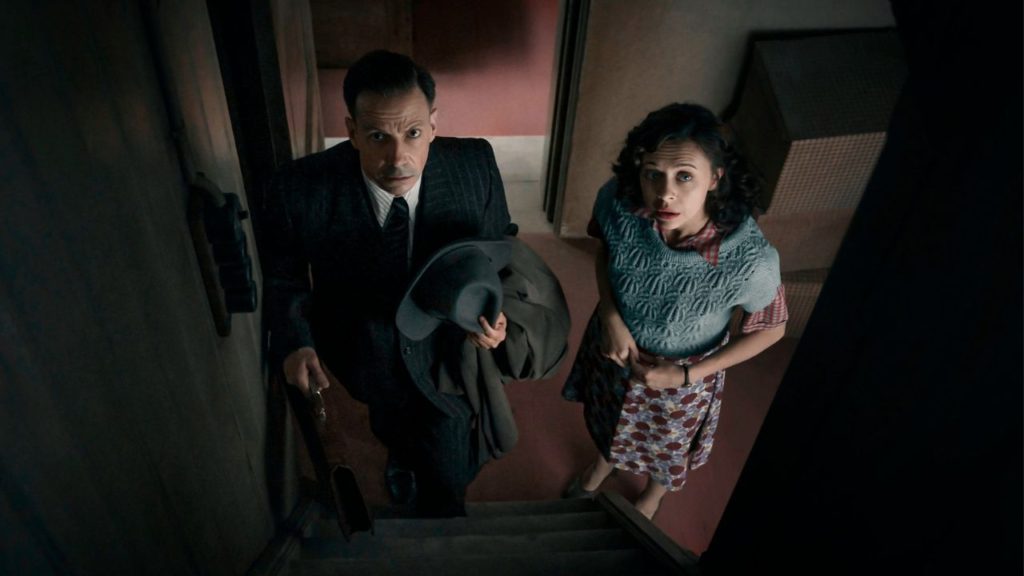
What I did take issue with, however, were instances when the mini-series disregarded established facts. The most peculiar was Miep ice-skating at Tess’s Nazi soiree. While the beautiful scene represents a rare moment of freedom for Miep, its inclusion is inexplicable, as Miep states in her memoir that the one aspect of Dutch life she hates is ice-skating.
Although this is a minor fabrication, it casts shadows of doubt on the mini-series’ commitment to accuracy. As A Small Light is not a documentary, it is not entirely bound to historical reality. Yet in an age of misinformation, to what extent can history be dramatised until historical fiction becomes fictional history?
Still, A Small Light tells Miep’s life with restraint and respect, and this story of ordinary people helping others in dark times is especially important now that war in Europe is once again a reality.

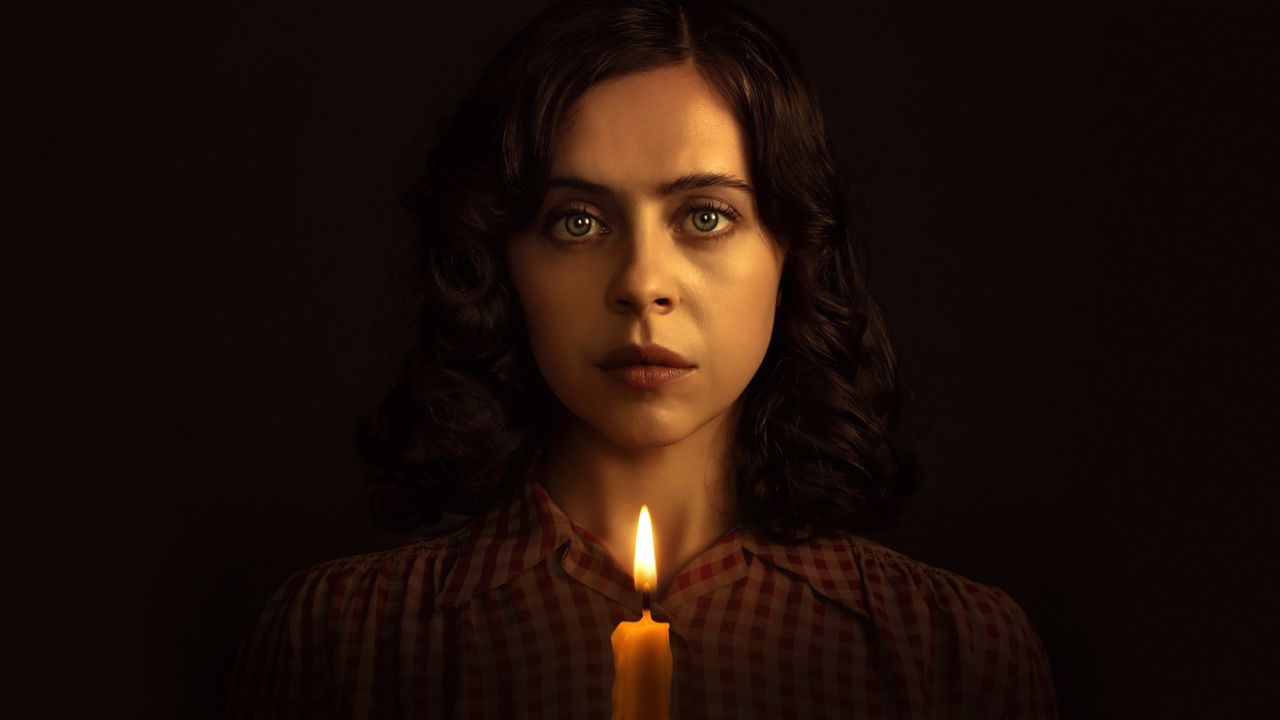


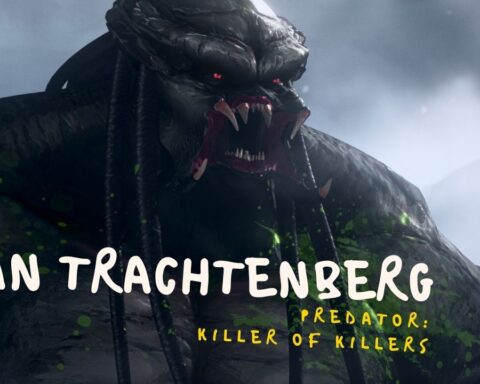


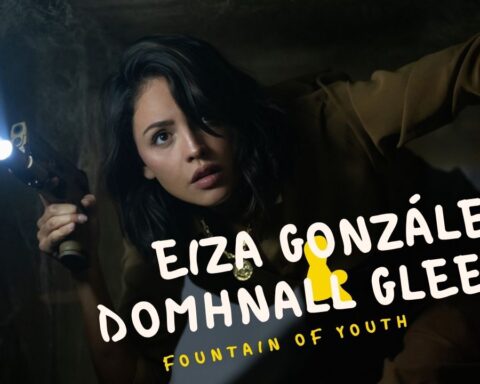
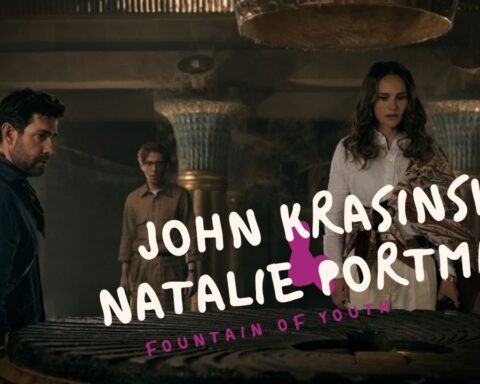
Follow Us